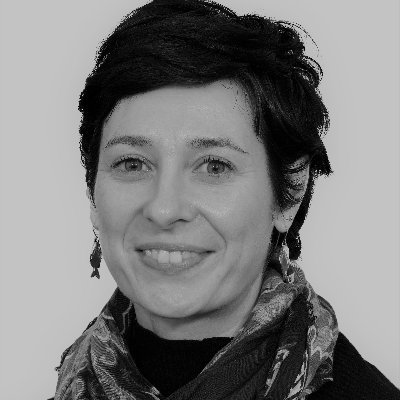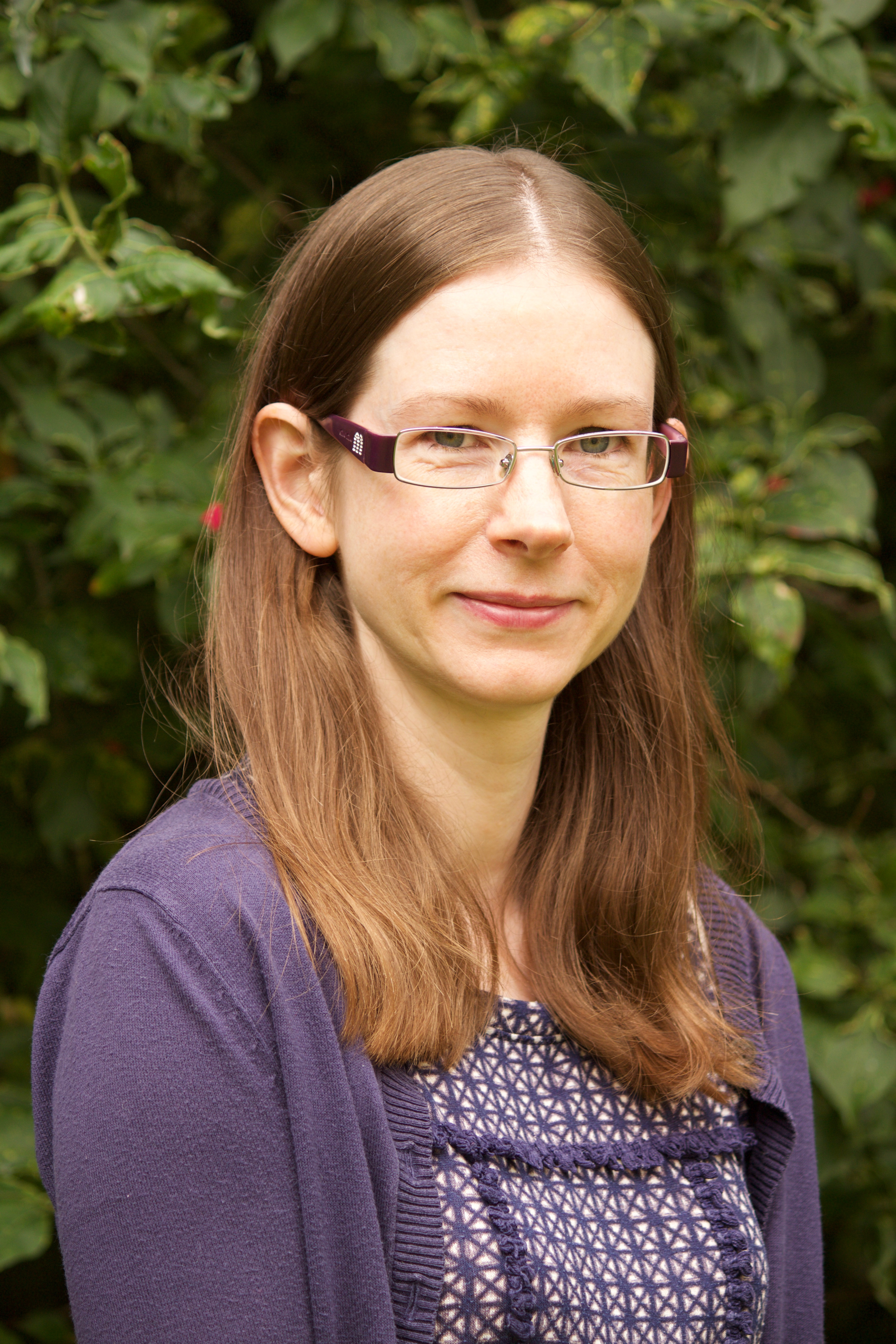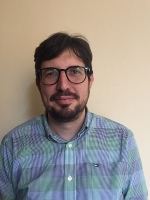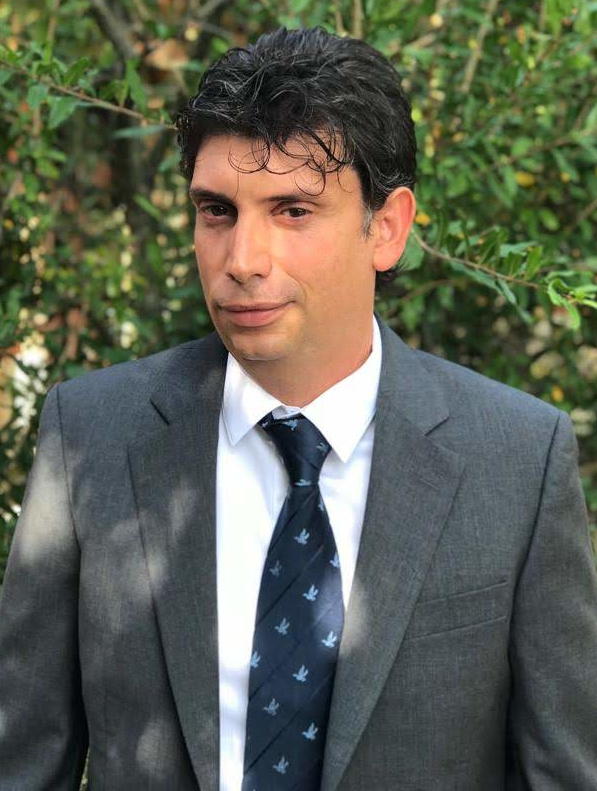Short bio
Blaž Zupan is Full Professor at the University of Ljubljana, Slovenia, and a visiting
professor at the Baylor College of Medicine in Houston, where he teaches artificial
intelligence and machine learning.
His research focuses on explainable AI and combinations of machine learning and data
visualization techniques with applications to bioinformatics and systems biology. He is
a co-author of Orange, a Python-based and visual programming data mining suite, and
several bioinformatics web applications, such as dictyExpress for gene expression
analytics and GenePath for epistasis analysis.
He is a recipient of the Zois Award (2010), two Golden Plaques of the University of
Ljubljana (2011, 2019), a Fulbright Scholarship (2013), and is a six-time recipient of
the student-voted Best Teacher Award (2008-2017). Res Publica, Financial Times, Visegrad
Fund, and Google enlisted him in the Top 100 Most Influential Innovators of Central and
Eastern Europe (2016).
Keynote lecture
Data science for life scientists: should everyone learn programming or is there an alternative?
Short bio
Arianna Dagliati is Assistant Professor at the Department of Electrical, Computer and
Biomedical Engineering of the University of Pavia, Italy.
Her research is focused on the application of Machine Learning methods within Precision
Medicine and on the development of analytical approaches for identifying temporal
patterns and electronic phenotypes in longitudinal clinical data.
She has an extensive history of working in multidisciplinary teams and she collaborates
with a wide range of administrative, specialist and generalist clinicians, as well as
public health professionals, to deliver scientific findings and to integrate algorithms
in clinical decision support systems.
Her international collaborations include the Department of Biostatistics and
Epidemiology at the University of Pennsylvania (USA), the University of Manchester (UK),
the University of Amsterdam (NL), and the Health eResearch and Manchester Molecular
Pathology Innovation centre (UK). She is a member of the 4CE Consortium for the Clinical
Characterization of COVID-19 by EHR and co-leads the working groups related to temporal
data and unsupervised learning.
Keynote lecture
Developments in medical informatics: responsible approaches and reliable systems
Short bio
Jessica Barrett is a MRC Investigator at the MRC Biostatistics Unit, University of Cambridge, and was previously at the Cardiovascular Epidemiology Unit, University of Cambridge. She leads a programme of research within the Precision Medicine theme of the MRC Biostatistics Unit, focusing on statistical methods for the analysis of multi-outcome data. A particular area of interest is the prediction of health outcomes using routinely collected health data when a disease is dynamically evolving over time. Because we do not live in a static world, it is important to robustly account for the complex and dynamic nature of disease processes in order to accurately and precisely predict disease risk. Her research encompasses the development of novel data science methodology and applications to substantive clinical questions, with ongoing work in cardiovascular disease, cystic fibrosis, oncology and multimorbidity, and motivated by collaborations with data scientists, epidemiologists, public health experts and clinicians.
Keynote lecture
Using electronic health records for healthcare research: Opportunities and challenges
Short bio
Davide Risso is Associate Professor of Statistics at the Department of Statistical
Sciences at the University of Padova. His research focuses on the development,
implementation, and application of statistical models in high-throughput sequencing and
other genomic data, with a particular focus on single-cell data.
His research interests are statistical modelling of high-dimensional data, parametric
and non-parametric regression, clustering, factor analysis and dimensionality reduction,
multiple hypothesis testing, combining data from multiple sources (meta-analysis),
exploratory data analysis and data visualization, and reproducible research.
Special session
Advanced statistical and computational methodologies for single-cell omics dataInvited talk
Learning gene association networks using single-cell RNA-seq data: a graphical model approach
Short bio
Marco Beccuti is currently Associate Professor at the Department of Computer Science of
the University of Turin, scientific coordinator of InfoLife National Laboratory of CINI,
technical coordinator of ELIXIR Node of the University of Turin, scientific coordinator
of the laboratory "HPC for biomed and AI" in ICxT, Chair of the Scientific Committee of
the "HPC4AI" laboratory" at the University of Turin, and scientific co-coordinator of
q-Bio group.
His research is currently mainly focused on bioinformatics ranging from the definition
and implementation of scalable and reproducible workflows for the analysis of omics data
to the modelling and analysis of complex biological and epidemiological systems.
He is co-author of 98 papers published in highly recognized international scientific
journals. He was member of Programme Committees for more than 30 International
conferences since 2013, and chair of Workshop/Special Section for more than 10
International conferences in the same period. He is also involved in several local,
national, and EU projects.
Special session
An Italian snapshot on present and future informatics research in bioinformaticsInvited talk
Computational Reproducibility in the Life Sciences
Short bio
Marco Antoniotti is a Professor of Computer Science in the Department of Informatics,
Systems and Communication of the University Milano-Bicocca (UNIMIB), Milan, Italy. From
2000 to 2006 he was a Senior Research Scientist at the NYU Courant Bioinformatics Group.
Before that, he was a Research Scientist at PARADES EEIG. From 1996 to 1997 he was a
Post Doctoral fellow at the University of California at Berkeley PATH Institute. He
received his Ph.D. in Computer Science from the Courant Institute of Mathematical
Sciences of New York University. His main research topics are bioinformatics,
computational and systems biology, simulation, verification and language design issues
in hybrid systems. All of this has been recently applied to data analysis for cancer
research.
Marco Antoniotti is the author of several journal and conference papers and of several
software projects, among which the TRONCO library comprising CAPRI/TRaIT and, more
recently, the LACE (Longitudinal Analysis of Cancer Evolution) and VERSO (Viral
Evolution ReconStructiOn) tools; he has received support for his research from Regione
Lombardia, NSF (USA), the Elixir European network, the European Commission under the
MCSA and COST actions and the CRUK/AIRC Accelerator Award Program.
He is currently the Group Leader of the Data and Computational Laboratory within the
Department of Informatics, Systems and Communications of UNIMIB.
Special session
Modeling and simulation methods for computational biology and systems medicineInvited talk
A quick retrospective and prospective survey of simulation in biomedicine and cancer research